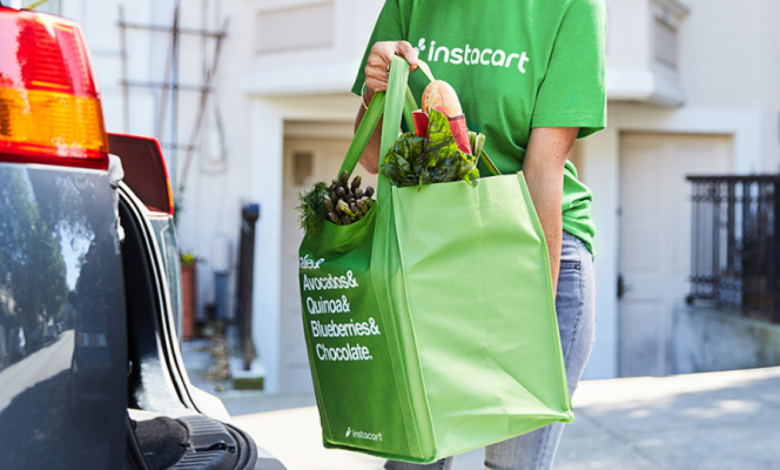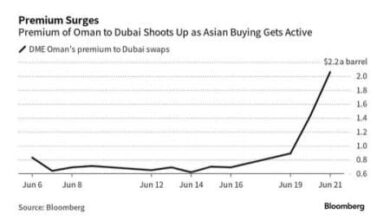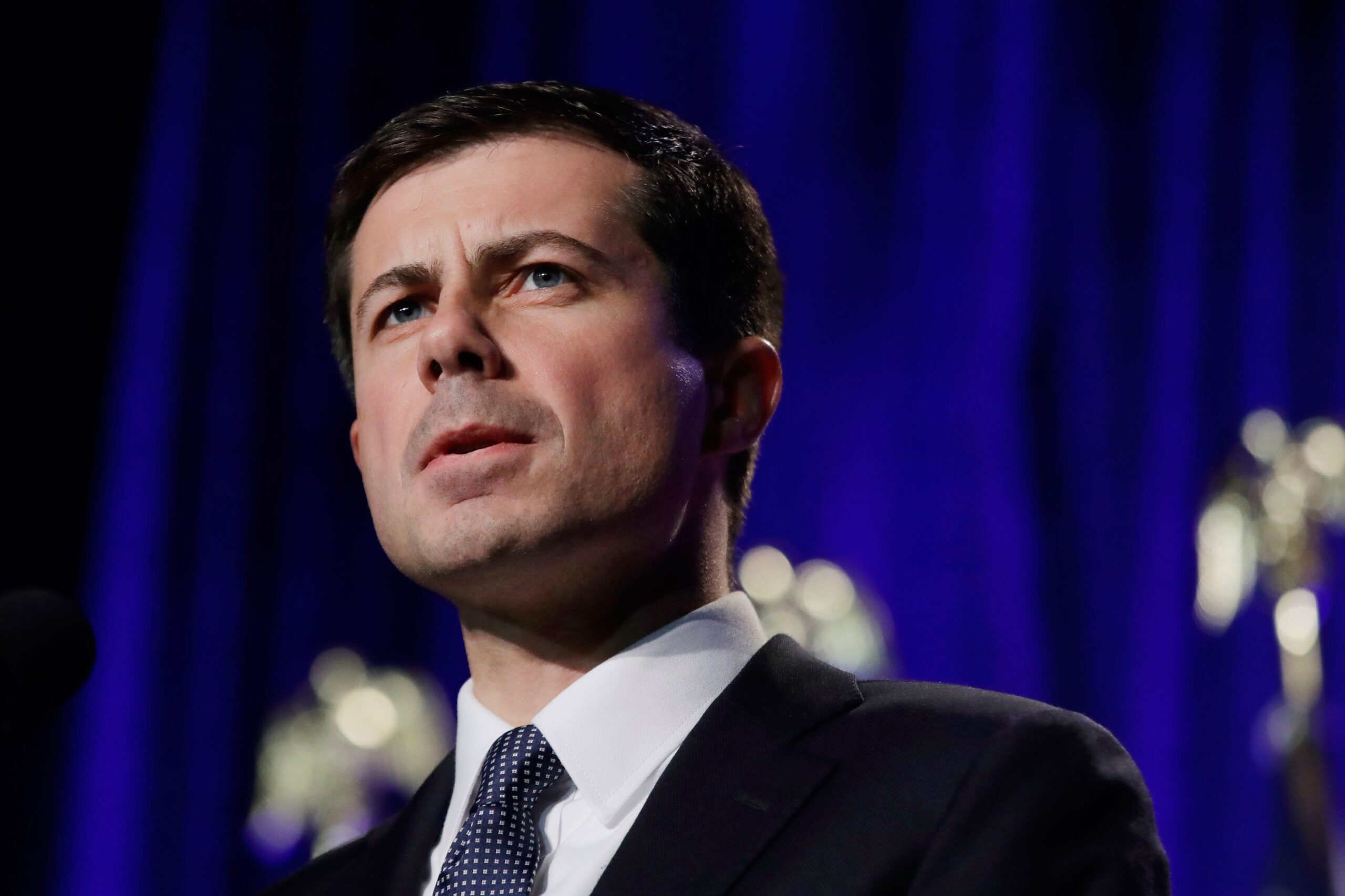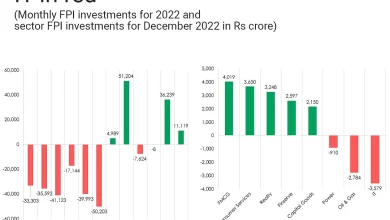
In the ever-evolving landscape of tech startups, Instacart has emerged as a beacon of hope. Amidst a market slump that saw many giants stumble, the grocery delivery service has not only stayed afloat but thrived. With $428 million in profit for 2022, this revelation could pave the way for other tech startups eyeing the coveted Initial Public Offering (IPO) stage.
Shifting Tides in the Tech Industry
Instacart’s journey, like that of many tech companies, has been a rollercoaster. The pandemic ushered in unprecedented demand, propelling the company’s sales to quadruple between 2019 and 2020. However, the sugar rush of the pandemic-driven surge was short-lived, leading to layoffs and a sharp drop in valuation from $39 billion to $10 billion.
A Surprising Turnaround
Yet, the Instacart story takes an unexpected turn. Unlike fellow gig economy giants like Uber and DoorDash, Instacart managed to achieve profitability. Its $428 million in profit for 2022, compared to a $73 million loss the previous year, is turning heads. Notably, $358 million of this profit resulted from a tax benefit.
Slowing Growth, Diversifying Strategies
However, there are clouds on the horizon. Instacart’s core grocery delivery business, while still substantial, is experiencing slowing growth. Grocery orders in 2022 increased by 18% compared to 2021, but the first half of this year saw flat numbers compared to the same period in the previous year.
To counter this, Instacart has been diversifying its revenue streams. The company has shifted focus from low-margin delivery services to higher-margin online advertising, a strategy that seems to be paying off. In 2022, Instacart earned $740 million from ads and other revenue, constituting nearly 30% of its total revenue, which stood at $2.5 billion. This transition began in 2019, with brands paying for product placement within the Instacart app and the sale of software to grocery retailers.
A Skeptical Outlook
Despite the profit and diversification efforts, some industry experts remain skeptical about Instacart’s future growth in its core business. Brittain Ladd, a consultant for the grocery industry, believes that significant expansion in the grocery delivery sector is unlikely.
“They’re not facing a future of significant growth in their core business,” Ladd cautioned.
Instacart’s IPO Potential
Instacart’s move toward an IPO could signal an opening for other tech startups. More than 1,400 private tech companies, each valued at $1 billion or more, are eagerly awaiting a favorable IPO market. In contrast, only 100 companies with valuations exceeding $50 million went public in the United States last year, a sharp drop from 397 in 2021.
Market experts suggest that Instacart’s IPO, if successful, could encourage other tech companies to follow suit. This sentiment is echoed by Brianne Lynch, head of market insights at EquityZen, an online marketplace for private stock.
“Instacart and Arm are going to be ones that other tech companies eagerly watch because there is this pent-up demand to go public,” Lynch affirmed.
A Competitive Landscape
Instacart, founded in 2012 in San Francisco, has expanded into thousands of cities across North America. However, it faces fierce competition from rivals like DoorDash, Gopuff, and Amazon, all vying for a slice of the ever-expanding delivery market.
Furthermore, the gig economy model, reliant on independent contractors who lack the benefits of minimum wage and health insurance, has fueled conflicts with labor activists. These activists argue that gig drivers and shoppers are exploited and underpaid.
The Role of the Pandemic
The pandemic turbocharged Instacart’s growth, leading to a fourfold increase in sales from 2019 to 2020. While the company acknowledges that this level of growth is unlikely to recur, it believes that the spike has positioned it for long-term success.
A Change in Leadership
Instacart’s journey has also seen a change in leadership. When growth began to slow in 2021, Apoorva Mehta, the company’s CEO at the time, explored the possibility of selling or partnering with competitors such as Uber and DoorDash. Fidji Simo, a rising star at Facebook, eventually assumed the role of CEO.
Investor Interest
Intriguingly, Instacart has found a new investor in Pepsico, a major player in the packaged foods industry. Pepsico is set to invest $175 million in new shares as part of Instacart’s IPO. The company’s largest shareholders, according to the prospectus, include Sequoia Capital and D1 Capital.
Instacart is gearing up to list its shares on the Nasdaq stock exchange under the symbol “CART,” a move that could reshape the tech startup landscape and determine Wall Street’s appetite for such ventures in a post-pandemic world.



